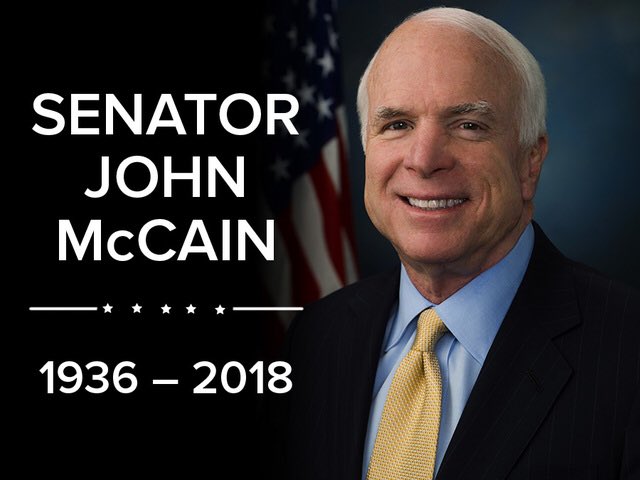Friends, we are talking past each other.
Also, GM makes profits. Tesla doesn't.
I mean, maybe! But not proven.
He has done neither.
If it's just you, you just, you know, get lunch.
With three friends, you spend some time arguing about where to get lunch.
Neither method works with 150 people. Totally different organizing principle required
Just one tiny problem: I live in a rowhouse with no garage. Where do I charge?
Not clear to me that the future of self-driving cars is the fleet model, though that's an argument for another tweetstorm. Suffice it to say, if it's NOT the fleet model, the charging problem remains.
Before, or after, Tesla runs out of money?
"Knows how to produce efficiently and cheaply" might well win. Like, Toyota, or even boring old GM.
How much money do you drop on super-cool technology you don't really--let's be honest--need?
And that's the end of this tweetstorm. Thanks for your patience, read the column, which per usual, makes ENTIRELY DIFFERENT points from this thread washingtonpost.com/blogs/post-par…















